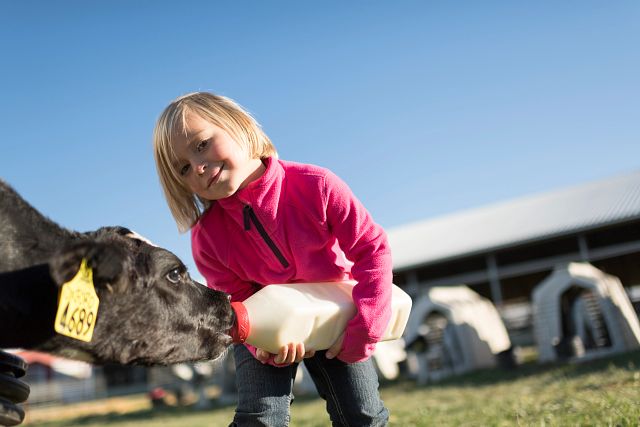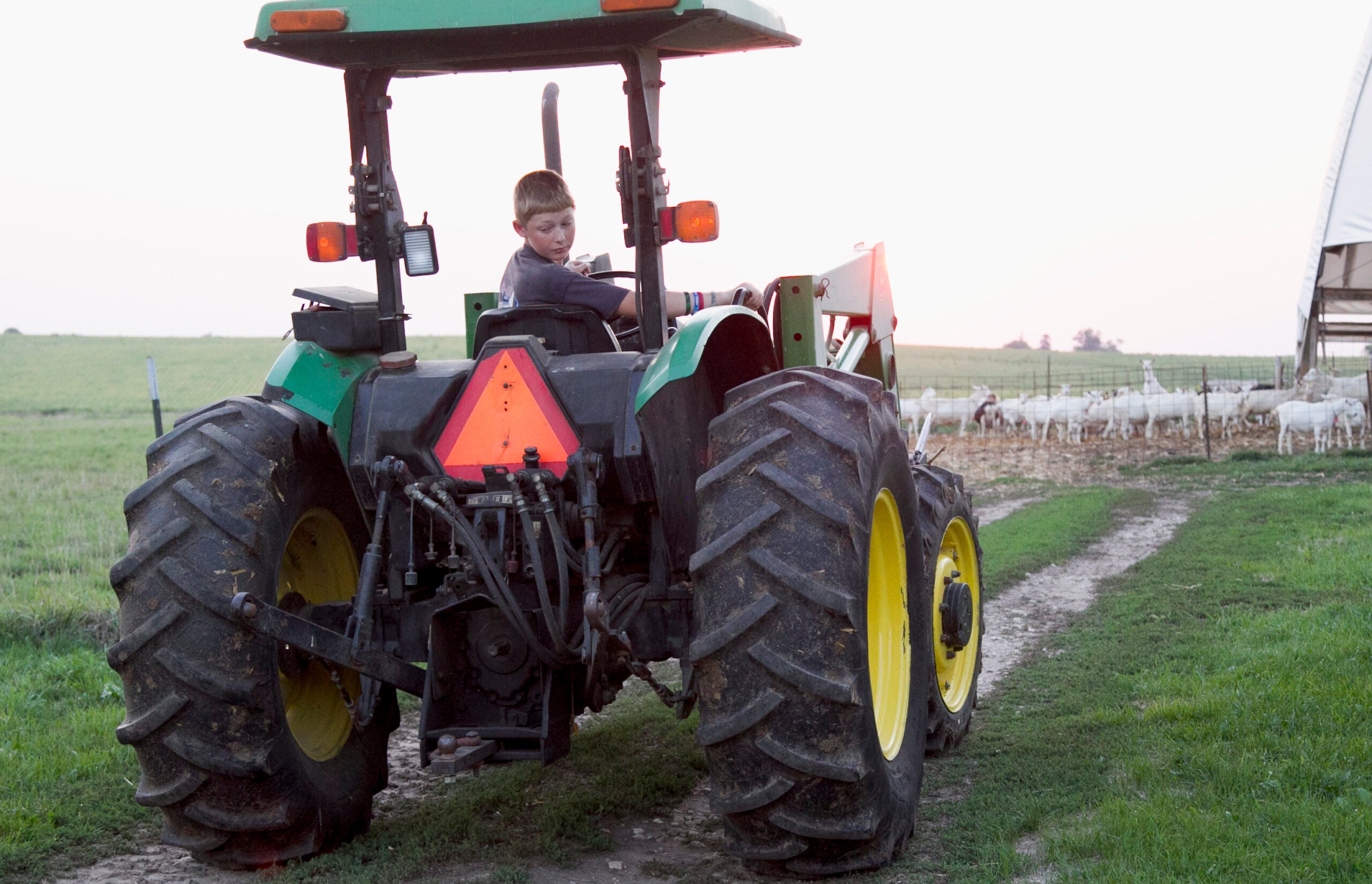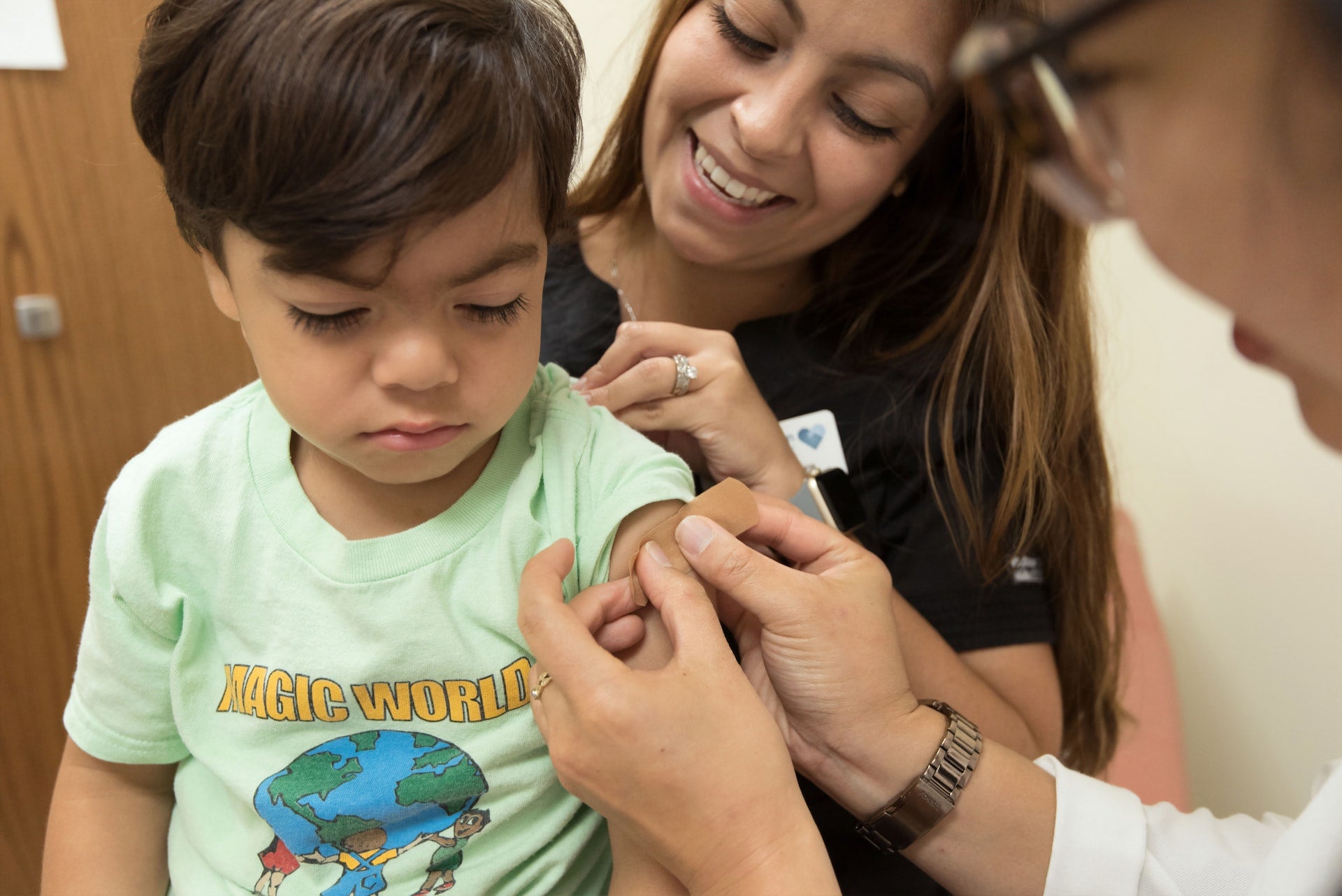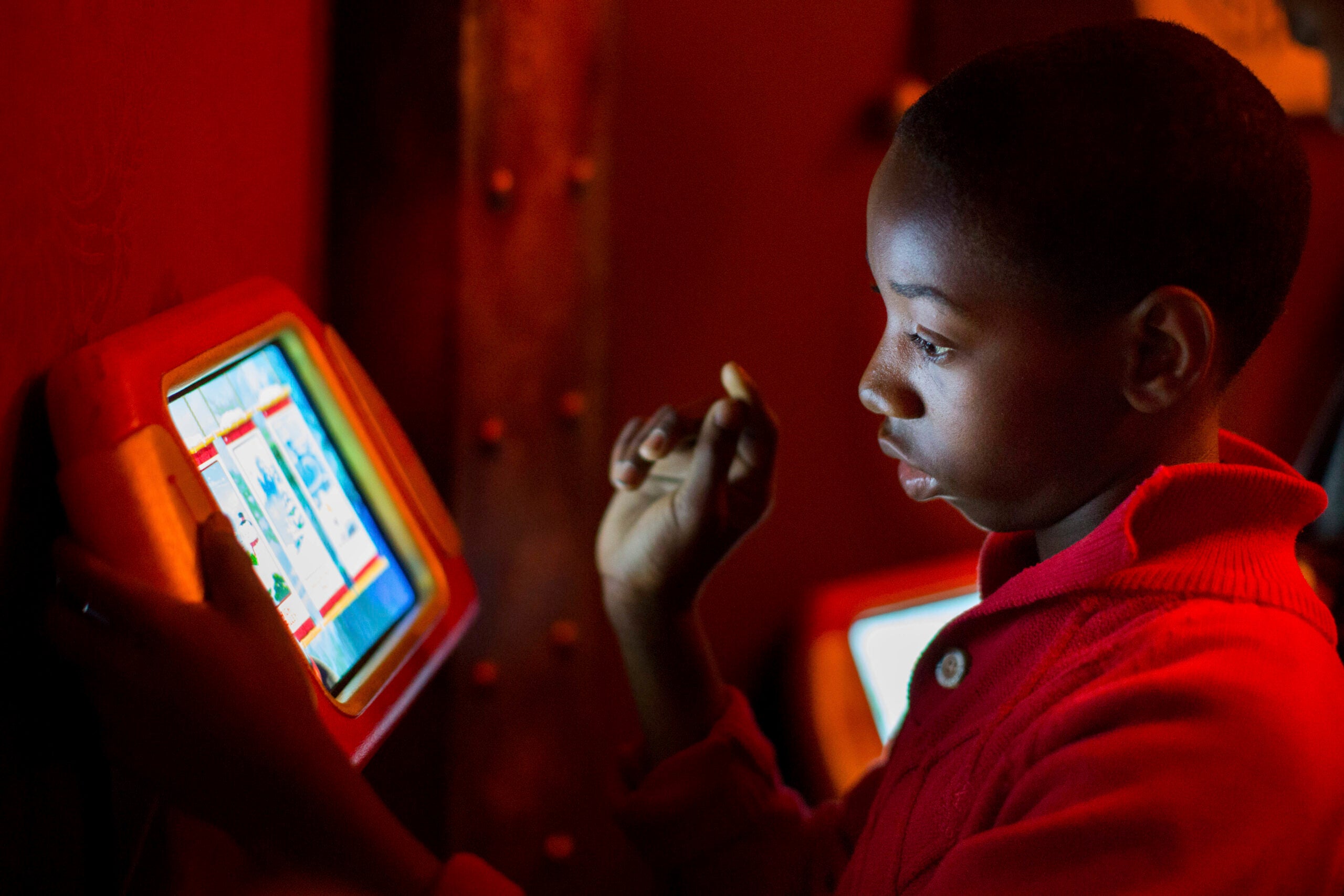Farming is a way of life; kids live and breathe the family business as they grow. Our guest says parents can inspire their children to work the land and care for animals while keeping them safe. A youth ag safety specialist talks about farm-related injury, how kids of different abilities can find their place on the farm, and the importance of hands-on experience in rural communities.
Featured in this Show
-
Keep Young Children Out Of Farm Work, Safety Advocate Says
Growing up on a farm means pitching in.
But as farm work is stretched tight, and family farms implement larger machinery, a growing number of farm safety advocates say children on family-operated farms are at great risk of death or injury.
“Farms are a wonderful, wonderful place for kids to live and to grow up,” said Marsha Salzwedel, a youth agricultural safety specialist with the National Children’s Center for Rural and Agricultural Health and Safety. “And for parents it’s a great environment for them to be raised on. But there’s just a few precautions that need to be taken in order to keep them safe so this use can reap those benefits.”
Salzwedel says nearly 1 million children live on farms, and about half of that number actually work on them.
She grew up on a farm herself, planting vegetables by hand, weeding and harvesting, taking care of cattle and baling hay. It was just something you did as one of seven children.
But Salzwedel said family farm equipment is different these days. There’s more heavy machinery.
“The prevalence of skid steers, ATVs, back when I was a child, they weren’t around like they are now,” she said.
Last October, a 6-year-old Ogdensburg boy climbed aboard a skid loader as his father was driving. The machine’s hydraulic bucket ripped into his left leg.
The details were horrific. But Salzwedel said they’re not uncommon.
Sometimes, they’re worse.
“Unfortunately, I would say it’s not an extreme example,” she said. “We see these types of incidents fairly frequently at the Children’s Center.”
Last May, a 3-year-old Loyal boy was crushed by a skid loader driven by his 5-year-old brother. In Michigan, a 6-year-old boy was run over and killed when he fell from a skid steer.
Salzwedel said farms are dangerous workplaces, in general. But they’re also one of the few dangerous workplaces where children are allowed to be, let alone live. That exposes them to more danger, she said.
In 2014, 7,469 children and teenagers who lived on a farm were injured there, according to Children’s Center data.
One of the ways to minimize risk, she says, is to keep children out of farm work sites while their parents are working.
“In addition, though, it also helps to protect the adults,” Salzwedel said. “Because when you have a young child in the worksite, not only does it endanger the child, but it also acts as a distraction for the parent so that they’re watching for the child instead of watching what’s happening around them in that dangerous worksite.”
Salzwedel isn’t saying that children shouldn’t be allowed to help out on the farm. But when they do, she says, they should be assigned chores based on their ability level.
“A lot of times when we see these horrific accidents, these injuries, these fatalities, it’s because the children are doing work that’s a little bit beyond their capabilities,” she said. “They don’t have the ability either mentally or physically to be able to do that job.”
Salzwedel said some farmers, such as her own father, are resistant to this kind of advice.
But when an injury happens, it can be devastating for the entire family.
“We’ve seen times where it’s affected the marriage, and the marriages have ended up in divorce because the parents will blame each other accusing one of not watching the child,” Salzwedel said. “And we’ve seen instances where the medical bills have gotten to the point that the family actually loses the farm.”
Episode Credits
- Glen Moberg Host
- Kealey Bultena Producer
- Marsha Salzwedel Guest
Wisconsin Public Radio, © Copyright 2024, Board of Regents of the University of Wisconsin System and Wisconsin Educational Communications Board.





